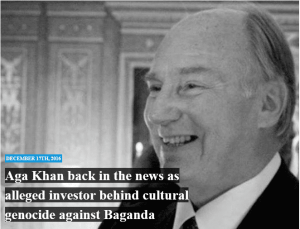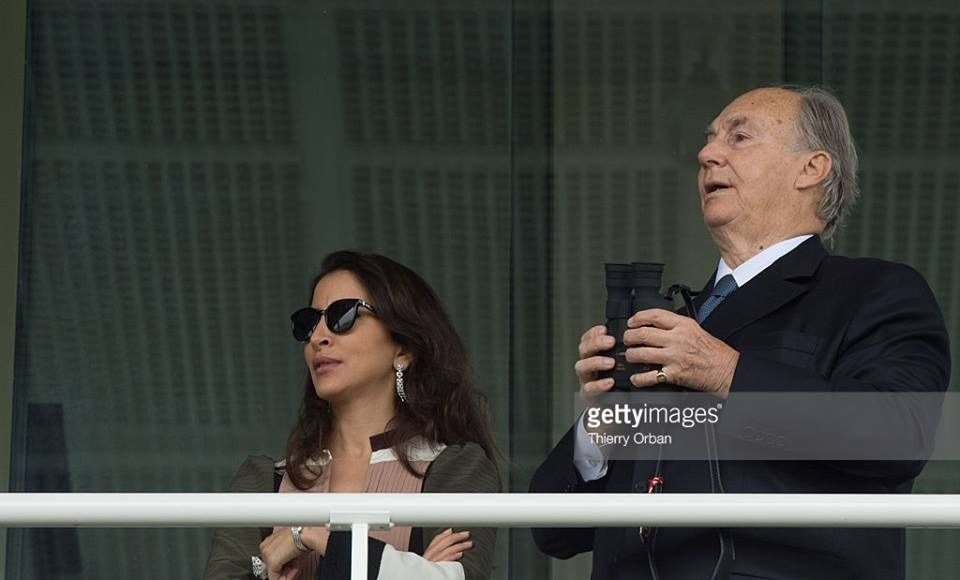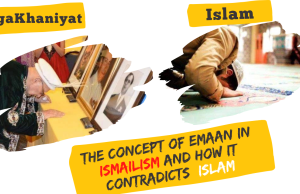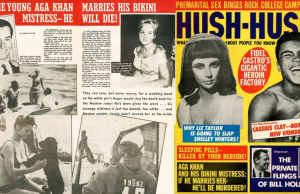Aga Khan preaches about preserving cultures when there is a financial incentive for him. At the same time, when he sees the benefit of investing in the cultural destruction of a native community, he never misses a chance.
Let’s take a look at what Aga Khan and his network have done to the Baganda community in East Africa, which is being referred to as ‘cultural genocide’ in this news report.
Note: This news is taken from BugandaWatch (link to the news)

On November 29, 2016, the Katikkiro of Buganda, Mr. Charles Peter Mayiga announced that Mengo had completed plans to build European-style schools, medical facilities, a conference center, and other commercial real estate inside Mengo Lubiri (See: Mayiga’s latest plan to sell off Mengo Lubiri, some fear Uganda mafia involvement). A source in Buganda Government circles has told BugandaWatch that Prince Shah Karim Al Husseini Aga Khan IV, head of the Ismailia Muslim sect, is once again the investor in Mengo’s latest project to lease Mengo Lubiri (See: Mayiga’s latest plan to sell off Mengo Lubiri, some fear Uganda mafia involvement). Also, reportedly, Aga Khan-controlled institutions in India, Kenya, and Brazil are expected to submit fake bids, “just to make the process look like a real bidding competition”.
Mengo Lubiri is the cultural and official residence of the Kabaka of Buganda. It was built by Baganda during the reign of Ssekabaka Mwanga II and designated the official residence for the office of Kabaka of Buganda. Mengo Lubiri officially belonged to the Kingdom of Buganda in 1966, when the Uganda government stole it by force.
In January 2015, Aga Khan attempted to lease Mengo Lubiri but met unexpected resistance from Baganda, especially from youth (See: Baganda Youth Petition Aga Khan to Disassociate Himself from Lubiri Deals). He withdrew and accepted of free land from President Museveni to build in Nakawa but never started the construction.
A retired Muganda lawyer who regularly consults with BugandaWatch explained that “Ssekabaka Muteesa II, the father of Kabaka Muwenda Mutebi did not personally own Mengo Lubiri. Mr. Museveni’s 1995 Uganda constitution does not recognize either the Kingdom of Buganda or the office of Kabaka. It only recognizes Uganda citizen Ronald Muwenda Mutebi as one of now 4 cultural leaders in Buganda. Mengo is hiding the truth that, under current Uganda laws, our Kabaka is only citizen Muwenda Mutebi, who is a cultural leader using the title of Kabaka of Buganda. In fact, in the future, he could be successfully sued by the likes of Mabirizi and accused of illegally stealing Mengo Lubiri and leasing it.” BugandaWatch has previously reported on the status of Kabaka in Mr. Museveni’s 1995 constitution (See: Kabaka and Buganda not recognized by Uganda constitution, Baganda lawyers team discover).
Several Baganda cultural leaders and public figures have criticized Mengo’s plans for Lubiri, with some of them showing anger at what they call the arrogant style of Mayiga and Buganda minister for finance, Mr. Wagwa Nsibirwa, talk about the issue. Those who have spoken out include Omutaka Kasujja (head of Ngeye Clan), Brigadier General Kasirye Ggwanga (See: Kabaka and Buganda not recognized by Uganda constitution, Baganda lawyers team discover.), Ssewava Sserubiri, Betty Nambooze and renowned researcher Fred Guweddeko. The biggest criticism against Mayiga seems to be his disregard for the cultural importance of Mengo Lubiri, sidelining the Baganda clan leaders (Abataka), and closeness to President Museveni and his half-brother Salim Saleh.
Another concern mentioned by some of Mayiga’s critics is his weak track record in completing projects that are much smaller than the proposed Lubiri development. Shortly after taking office in 2013, Mayiga promised to complete the restoration of Kasubi Royal Tombs by April 2014 but it remains incomplete today. Although Mr. Mayiga boasts of completing Masengere House, the contractors have not yet been fully paid, despite the millions of dollars that the Katikkiro collected in his Ettofaali program.
If you want to support our Dawah work, please click on the ‘Support Us’ button:










